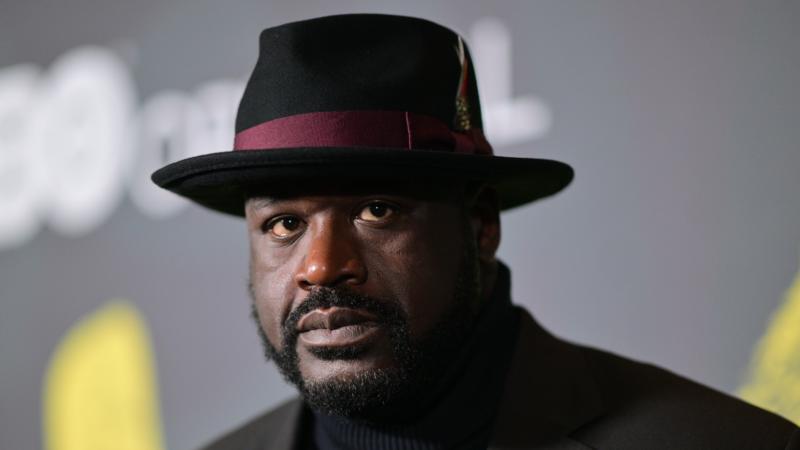Shaquille O’Neal has been pulled into a lawsuit due to his role in promoting Astrals Project, a cryptocurrency.
The NBA legend is one of several celebrities being sued by Daniel Harper, an FTX investor who recently filed a class action lawsuit against founder Sam Bankman-Fried and stars who endorsed his platform. According to The Hollywood Reporter, O’Neal’s allegedly played a big role in pushing an illegal agenda because he encouraged investors to trust Astrals Project and buy “unregistered crypto securities” through the platform, which is a topic he supposedly should have been privy to because the “potential concerns about regulatory issues” regarding matters like this.
In 2022, O’Neal began his journey of owning a cryptocurrency business when he launched the Astrals Project. He partnered with his music manager Brian Bayati on this venture and made him the company’s CEO. To help create generational wealth, he hired his son, Myles, to lead investor relations. Harper’s lawsuit says the platform pitched itself as a virtual world that allowed users to not only trade through a marketplace but they could also purchase a limited number of tokens through a “Shaq Signature Pass,” in addition to living in a virtual reality where they could make new friends as avatars.
“The Shaq Signature Pass is the first consumable NFT of its kind, and the signing technology is one that we think will have wide-ranging applications,” a promotion stated.
To determine whether O’Neal did anything wrong from a legal standpoint, a 1946 Howey Test will be used. The Howey Test is “a standard that emerged in a 1946 Supreme Court case for determining whether a transaction qualifies as an investment contract. Factors include the investment of money into a common enterprise where there’s an expectation of profits from the efforts of third parties,” according The Hollywood Reporter.
Harper and his lawyer, Adam Moskowitz, are confident that Astrals NFTs will fall under a contract since “securities regulation is not meant to be precise but is instead intentionally drafted to be broad and all-encompassing.”
In December, O’Neal noticeably tried to separate himself from the FTX brand claiming he was “just a paid spokesperson for a commercial.”

